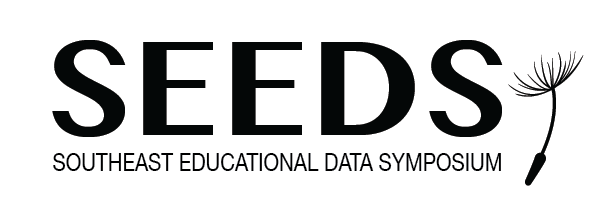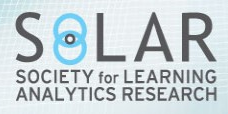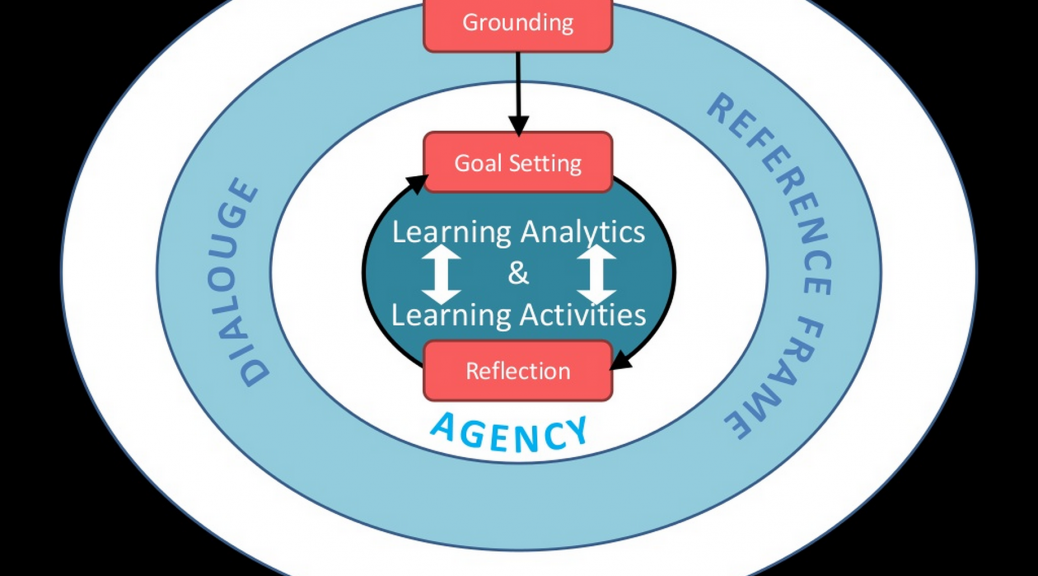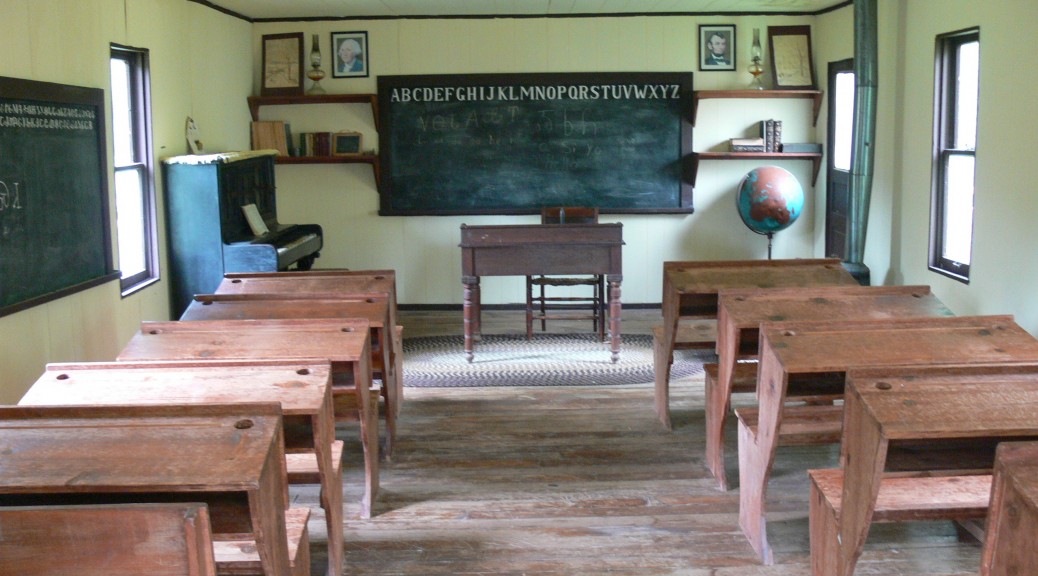Our first brown-bag seminar of the semester will take place next Wednesday (28 January 2015) from 12:00 PM – 1:00 PM in Woodruff Library Rm 208E. Please RSVP by email to Timothy Harfield (tharfie [at] emory [dot] edu by Friday, 23 September 2015 so that we can ensure that our space can comfortably accommodate all who plan to attend.
Our meeting will be facilitated by Dr. Ben Sayeski (Managing Partner, Education Strategy Consulting), who will lead a discussion about the ways in which he has leveraged big data in K-12, and opportunities for similar work in Higher Education. The full abstract for this seminar is as follows:
This presentation and discussion will focus on the evolution of big data analyses in K-12 education and the opportunities for higher education. The discussion will be grounded in research from the Los Angeles Unified School District, publicly available K-12 data from the state of Georgia, and publicly available data from the Integrated Postsecondary Education Data System. All data will be presented within a visualization tool in order to address specific questions from attendees and create questions for future consumption. Particular attention will be paid to the visualizations from a variety of stakeholder perspectives including policy, professional, students, and parents.
This semester, the general goal of our brown bag series is to stimulate our data-imaginations in order to gain a richer idea of how various types of educational data can be put to use. In addition to Ben Sayeski, our series will also include seminars led by Nancy Bliwise (Emory University), Kimberly Arnold (University of Wisconsin-Madison), and Mike Sharkey (Blue Canary). Our season will conclude with a session led by Timothy Harfield, which will provide an overview of the learning analytics work being done at Emory, a description of how far we’ve come, and an opportunity to reflect upon the future of learning analytics at Emory University. For complete details, our full seminar schedule is available to view HERE.
All this amounts to what is certain to be an engaging and fruitful set of events.



 Charles Dziuban is Director of the Research Initiative for Teaching Effectiveness at the University of Central Florida (UCF) where has been a faculty member since 1970 teaching research design and statistics. He received his Ph.D. from the University of Wisconsin. Since 1996, he has directed the impact evaluation of UCF’s distributed learning initiative examining student and faculty outcomes as well as gauging the impact of online, blended and lecture capture courses on the university. Chuck has published in numerous journals including Multivariate Behavioral Research, The Psychological Bulletin, Educational and Psychological Measurement, the American Education Research Journal, the Phi Delta Kappan, the Internet in Higher Education, the Journal of Asynchronous Learning Networks, and the Sloan-C View. His methods for determining psychometric adequacy have been featured in both the SPSS and the SAS packages. He has received funding from several government and industrial agencies including the Ford Foundation, Centers for Disease Control, National Science Foundation and the Alfred P. Sloan Foundation. In 2000, Chuck was named UCF’s first ever Pegasus Professor for extraordinary research, teaching, and service and in 2005 received the honor of Professor Emeritus. In 2005, he received the Sloan Consortium award for Most Outstanding Achievement in Online Learning by an Individual. In 2007 he was appointed to the National Information and Communication Technology (ICT) Literacy Policy Council. In 2010, Chuck was named an inaugural Sloan-C Fellow. In 2012 the University of Central Florida initiated the Chuck D. Dziuban Award for Excellence in Online Teaching for UCF faculty members in honor of Chuck’s impact on the field of online teaching.
Charles Dziuban is Director of the Research Initiative for Teaching Effectiveness at the University of Central Florida (UCF) where has been a faculty member since 1970 teaching research design and statistics. He received his Ph.D. from the University of Wisconsin. Since 1996, he has directed the impact evaluation of UCF’s distributed learning initiative examining student and faculty outcomes as well as gauging the impact of online, blended and lecture capture courses on the university. Chuck has published in numerous journals including Multivariate Behavioral Research, The Psychological Bulletin, Educational and Psychological Measurement, the American Education Research Journal, the Phi Delta Kappan, the Internet in Higher Education, the Journal of Asynchronous Learning Networks, and the Sloan-C View. His methods for determining psychometric adequacy have been featured in both the SPSS and the SAS packages. He has received funding from several government and industrial agencies including the Ford Foundation, Centers for Disease Control, National Science Foundation and the Alfred P. Sloan Foundation. In 2000, Chuck was named UCF’s first ever Pegasus Professor for extraordinary research, teaching, and service and in 2005 received the honor of Professor Emeritus. In 2005, he received the Sloan Consortium award for Most Outstanding Achievement in Online Learning by an Individual. In 2007 he was appointed to the National Information and Communication Technology (ICT) Literacy Policy Council. In 2010, Chuck was named an inaugural Sloan-C Fellow. In 2012 the University of Central Florida initiated the Chuck D. Dziuban Award for Excellence in Online Teaching for UCF faculty members in honor of Chuck’s impact on the field of online teaching.


 Alyssa Friend Wise is an Associate Professor with the Educational Technology & Learning Design Program at Simon Fraser University in Canada. Her research examines how people interact with each other through technologies and how such interactions can contribute to learning. Recent work includes the E-Listening Project (research into how participants attends to others’ comments in online discussions), the development of Youtopia (a collaborative table-top game about sustainability issues), and the creation of a model for Learning Analytics Interventions (a pedagogical approach to help students work with data collected on their learning as part of the educational process).
Alyssa Friend Wise is an Associate Professor with the Educational Technology & Learning Design Program at Simon Fraser University in Canada. Her research examines how people interact with each other through technologies and how such interactions can contribute to learning. Recent work includes the E-Listening Project (research into how participants attends to others’ comments in online discussions), the development of Youtopia (a collaborative table-top game about sustainability issues), and the creation of a model for Learning Analytics Interventions (a pedagogical approach to help students work with data collected on their learning as part of the educational process). 
 Ryan Baker is Associate Professor of Cognitive Studies at Teachers College, Columbia University. He earned his Ph.D. in Human-Computer Interaction from Carnegie Mellon University. Dr. Baker was previously Assistant Professor of Psychology and the Learning Sciences at Worcester Polytechnic Institute, and served as the first technical director of the Pittsburgh Science of Learning Center DataShop, the largest public repository for data on the interaction between learners and educational software. He is currently serving as the founding president of the International Educational Data Mining Society, and as associate editor of the Journal of Educational Data Mining. His research combines educational data mining and quantitative field observation methods to better understand how students respond to educational software, and how these responses impact their learning. He studies these issues within intelligent tutors, simulations, multi-user virtual environments, and educational games.
Ryan Baker is Associate Professor of Cognitive Studies at Teachers College, Columbia University. He earned his Ph.D. in Human-Computer Interaction from Carnegie Mellon University. Dr. Baker was previously Assistant Professor of Psychology and the Learning Sciences at Worcester Polytechnic Institute, and served as the first technical director of the Pittsburgh Science of Learning Center DataShop, the largest public repository for data on the interaction between learners and educational software. He is currently serving as the founding president of the International Educational Data Mining Society, and as associate editor of the Journal of Educational Data Mining. His research combines educational data mining and quantitative field observation methods to better understand how students respond to educational software, and how these responses impact their learning. He studies these issues within intelligent tutors, simulations, multi-user virtual environments, and educational games.